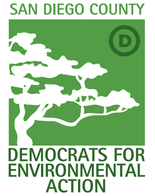 By Tommy Hough and Rick Guerrero San Diego County Democrats for Environmental Action hosted our first Environmental Report on the environmental impacts of the Border Wall this past June, when our panel discussed legal efforts to stop the wall and its effect on ecosystems, watersheds, wilderness, and species in San Diego County where the wall passes through the Jacumba Mountains Wilderness and Otay Mountain Wilderness just east of Chula Vista. Now, as mountaintops are being blown apart with high explosives atop Indigenous burial grounds along the border in Arizona to facilitate even more miles of pointless wall construction, the question of how and when our ecosystems and cultural sites will cease being desecrated and destroyed goes to the incoming Biden administration, which has offered no indication any current contracts signed for wall construction will be cancelled or even reconsidered after the 46th president is inaugurated. Our club's second Environmental Report on the Border Wall and its related impacts is this Wednesday, Jan. 6th, via Zoom. We'll hear from Kristie Orosco, a member of the San Pasqual band of Mission Indians and the larger Kumeyaay Nation who is a graduate student at the Scripps Institution of Oceanography, and a guest lecturer at USD, San Diego State, and Cal State San Marcos. Kristie will discuss the native biodiversity at stake along our borderlands with the wall's ongoing construction, and the Trump administration's outright dismissal of environmental requirements and National Environmental Policy Act (NEPA) requirements in doing so. We'll also hear from Dan Millis from Sierra Club Borderlands and see a portion of their presentation on the Border Wall, and its related environmental impacts throughout the southwest along the border with Mexico heading into the Sierra Club's National Day of Action on the Border Wall on Saturday, Jan. 9th. As part of our meeting we'll also get an update on the Binational Friendship Garden of Native Plants and Friendship Park from Daniel Atman with Sierra Club Borderlands, who spoke at our June meeting. A question and answer forum moderated by club board members Rick Guerrero and Tommy Hough will follow presentations from all three speakers. Join San Diego County Democrats for Environmental Action this Wednesday, Jan. 6, via Zoom at 6:30 p.m. for our second Border Wall Environmental Report via Zoom. Banner photo by Daniel Watman
Footer photo courtesy of Russ McSpadden and the Center for Biological Diversity
0 Comments
By Cody Petterson
Regarding today's vote for San Diego City Council President, I'm going to spare all of you the dozens of pages I've written and rewritten over the last several weeks, and simply point out that this is the most consequential environmental vote that this Council will cast for the foreseeable future. One of the Councilmembers-Elect told a delegation the other day that whomever they voted for, they were still going to fight for a robust environmental and progressive agenda. The statement is self-evidently disingenuous. The vote for council president is about setting the agenda, literally and figuratively, and it is absurd to claim that one is committed to prioritizing environmental and equity concerns while casting a vote that commits the Council to an agenda that is at best indifferent to them. This vote will determine whether efforts to protect our environment, confront the climate emergency, and foster a more equitable society face a head wind or a tail wind. It is a vote that will impact hundreds of other votes. It will have enduring consequences for our environment, and for the political futures of the voting councilmembers. As it should. It is a vote that everyone now engaged in San Diego politics will remember, regardless of where they stand on the political spectrum, just as we remember, and in many ways are still living with the consequences of the Alvarez-Cole vote. The Chamber of Commerce and the BIA will remember. The POA will certainly remember and attempt to impose consequences, precisely because its leadership believes it will have persistent consequences for its members. But so too will the hundreds of organizers, activists, civic leaders, and the dozens of civil society organizations on the other side precisely because of, and in proportion to, the consequences they believe it will have for the environment, equity, and justice. That is good. Consequences are good. The political consequences of a vote should be directly proportional to the magnitude of their impacts on the things we value. On our lives. On our families. On our world. That is the essence of a genuine politics: to take responsibility for the broader consequences of one's decisions and actions, and to accept and weather the electoral and political consequence for oneself. Toward the end of his life, German sociologist and political economist Max Weber said, "It is immensely moving when a mature person—no matter whether old or young in years—is aware of a responsibility for the consequences of their conduct and really feels such responsibility with heart and soul. They then act by following an ethic of responsibility and somewhere they reach the point where they say: 'Here I stand; I can do no other.' That is something genuinely human and moving. And every one of us who is not spiritually dead must realize the possibility of finding themselves at some time in that position." The Councilmembers will find themselves on the dais this afternoon in precisely such a position, some of them for the first time. May they think first and foremost of the consequences of their decision for our communities and our environment. May they always put the common good highest. Peace. Photo by John Loughlin By Tommy Hough with talking points courtesy of Frank Landis As reported in the San Diego Union-Tribune this weekend and detailed in our club's Dec. 7th Action Alert, the California Department of Fish and Wildlife acquiesced to pressure from San Diego County to exchange, or "swap," portions of the biologically valuable and previously protected Rancho Jamul Ecological Reserve for parcels within the notorious Otay Ranch Village 14 development, which our club took an official stand against last year. In other words, at the behest of developers, the county wants to swap out portions of the Rancho Jamul Ecological Reserve for less biologically-valuable areas in order to BUILD on the reserve. And they're using a sympathetic audience at the state level to make it happen. That this is occurring in California, and in San Diego County, is unconscionable. We need your voices.
The vote will take place during tomorrow's special meeting of the California Wildlife Conservation Board at 8 a.m. We need you there, and we need you to make comments. To speak at the meeting, fill out a speaker form NOW and submit it via e-mail to Wildlife Conservation Board staff member Mary Ahern at mary.ahern@wildlife.ca.gov. You'll want to make remarks regarding Item 3 on the agenda ("Rancho Jamul Land Exchange"). To dial into the meeting tomorrow (Tuesday) morning at 8 a.m., call (916) 535-0984, and use the phone conference I.D. of 871 789 882, followed by the pound sign. To access the meeting via the web, click on the "Join Microsoft Teams Meeting" link on the agenda PDF and select an app or choose the "continue on this browser" option. If you can't call in, e-mail and request that the board reject the proposal. Send your note to Wildlife Conservation Board director John Donnelly at john.donnelly@wildlife.ca.gov. Below are two sets of talking points, one from Frank Landis, and one from Renée Owens, that you can draw from for your remarks. The e-mail template you can copy and paste into a note to the board is available below. Sample E-Mail Send this note in immediately to Wildlife Conservation Board director John Donnelly at john.donnelly@wildlife.ca.gov so it can be distributed to board members as soon as possible. Dear Members of the Board, I oppose the Rancho Jamul Land Exchange (Item 3 on the Dec. 8th agenda), because it would set terrible precedents for all our public lands. It violates state statutes and California Department of fish and Wildlife (CDFW) guidelines because it would trade endangered species habitat for land that will not support the affected species. It would also "double count" already protected lands and lands used for mitigation. When the the Wildlife Conservation Board (WCB) buys land for "permanent protection," the public must be able to rely on this promise that conserved means conserved in perpetuity, not set aside for future development. Please don't approve this exchange and violate the very safeguards meant to protect our public lands. Thank you for taking my comment. Sincerely, [ YOUR NAME ] Talking Points from Frank Landis Remember, this is not a one-off case, and it sets a terrible precedent. If the board caves on this, there will only be more of theses cases. Trading off known endangered species habitat for a short-distance wildlife corridor that doesn't include the endangered species at risk in the first place is a terrible trade – and illegal to boot. If the Wildlife Conservation Board and related agencies stand together with allies in the environmental community rather than breaking ranks, the case for overturning the project grows. The land swap only looks good if one assumes the developer will win the litigation. The new, majority-Democratic San Diego County Board of Supervisors will likely have to hear at least part of this case again if the Wildlife Conservation Board doesn't approve the deal. That the California Department of Fish and Wildlife succumbed to pressure from the County of San Diego and agreed to exchange portions of the biologically valuable, and already protected, Rancho Jamul Ecological Reserve for parcels within the Otay Ranch Village 14 area has facilitated the development, and was central to its approval by the Board of Supervisors. The ecological reserve was initially purchased with public funds for "permanent preservation." State Law requires that ecological reserve lands can only be exchanged for lands of equal or greater value. Unfortunately, the CDFW's own analysis demonstrates that the land being offered is inferior to what is being given up. The parcel that's been given up supports the endangered Quino Checkerspot Butterfly, among other species, and the exchange parcel lacks the soil and vegetation needed to support Quino Checkerspots. Therefore, this swap also violates CDFW guidelines in prohibiting loss of endangered species habitat. Attempting to justify the exchange, the CDFW is double-counting as benefits lands already protected by the Multiple Species Conservation Program (MSCP), and lands that would be used as project mitigation. And that outcome would transfer development into the middle of a wildlife corridor – that is completely unacceptable. This exchange would set disastrous precedents for all public lands, as it means that all ecological reserves are potentially under threat and are simply placeholders if the right political pressure is applied to the CDFW. If the land exchange is denied, better solutions can be achieved, because the incoming Board of Supervisors will have to hear at least some part of the project again. Banner photo courtesy of the San Diego Natural History Museum
Footer photo courtesy of Earth Discovery Institue  By Tommy Hough We hope you can join us this Tuesday, Dec. 8, at 6:30 p.m. for Packs Under Attack, the first of our new "Dems. Gone Wild" Environmental Report webinars dedicated to topics of wildlife conservation. Facilitated by club member and wildlife advocate Brandon Coopersmith, and featuring guests from the California Wolf Center in Julian and my Oregon Wild colleague Rob Klavins, Packs Under Attack will focus on the ongoing plight of American Gray Wolves and Mexican Wolves in the U.S. Brandon and myself, along with many of our club members and those active in environmental and conservation spaces, have grave concerns about what could be a calamitous winter for wolves given the Trump administration's cruel, needless move to remove wolves from the protections they've had under the auspices of the Endangered Species Act for the last 45 years. In what was essentially a desperate Hail Mary to win over voters in the Great Lakes states of Minnesota, Wisconsin, and Michigan ahead of the November election, the legacy of wolves in the Lower 48 states were subjugated to preserve the legacy of Donald J. Trump. And while Trump may have lost the election, wolves have more to lose. Fueled by bloodlust and ancient European superstitions, wolves were nearly hunted to extinction in the early 20th century from California to the Pacific Northwest to the Great Lakes. Wolf populations were further reduced due to development, agricultural expansion, and the destruction of habitat and the killing of the wolf's main prey species, like the American bison. Beginning in 1995 in Yellowstone National Park, gray wolves were reintroduced into the wild in the contiguous U.S., and over the last 25 years have returned to many of their historic habitats, most notably crossing to the west side of the Cascade Range with the arrival of Oregon wolf OR-7 ("Journey") in California in 2012. Only later did we learn OR-7 wasn't the only wolf to make the "journey" beyond the Cascade passes into northernmost California. Register now via Zoom for this special "Dems. Gone Wild" Environmental Report. Coming up, our January edition of Dems. Gone Wild will be a Zoom presentation on Jan. 13 titled Monarchs: A Royal Crisis, featuring Monarch butterfly advocate Victoria Abrenica of The Water Conservation Garden in El Cajon, and formerly with Ocean Connectors. In February we'll focus on the perilous future of bats in Flying Under the Radar. Details on both environmental reports will be posted soon. In the meantime, we'll see you this Tuesday at 6:30 p.m. for Packs Under Attack. Wolf photos courtesy of the California Wolf Center |
Green Thoughts
The blog component of San Diego County Democrats for Environmental Action welcomes content from SDCDEA members, guests and leadership. Archives
October 2023
Categories |
Social Media
Quick Links |
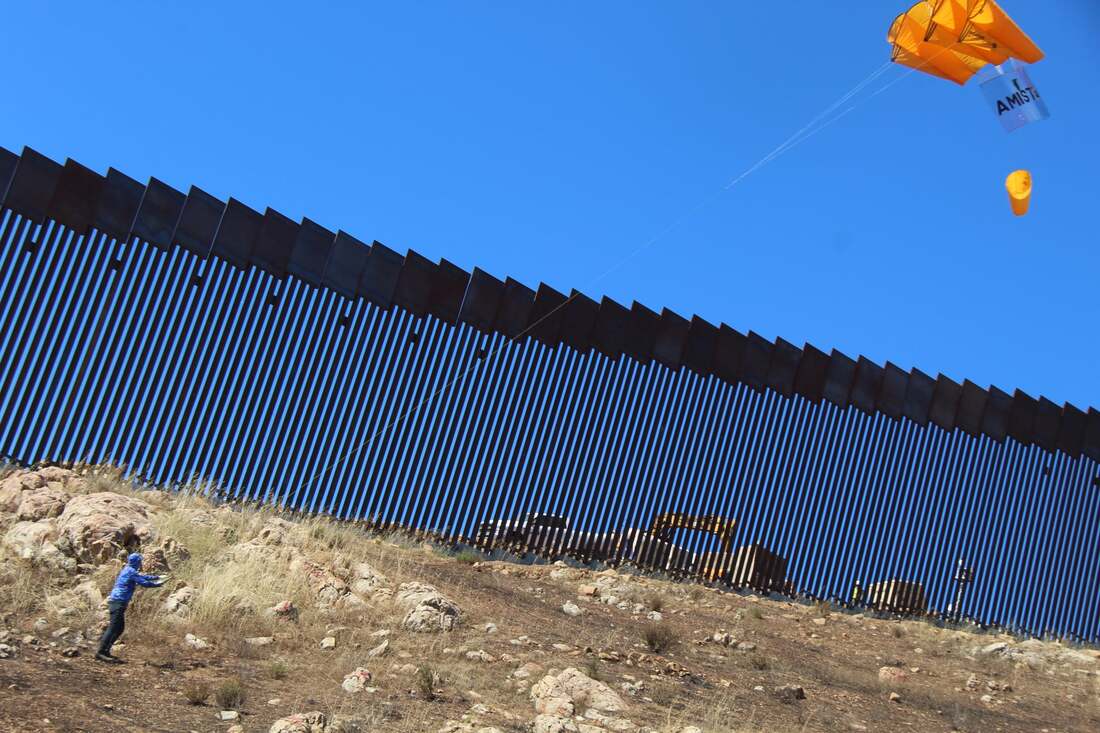

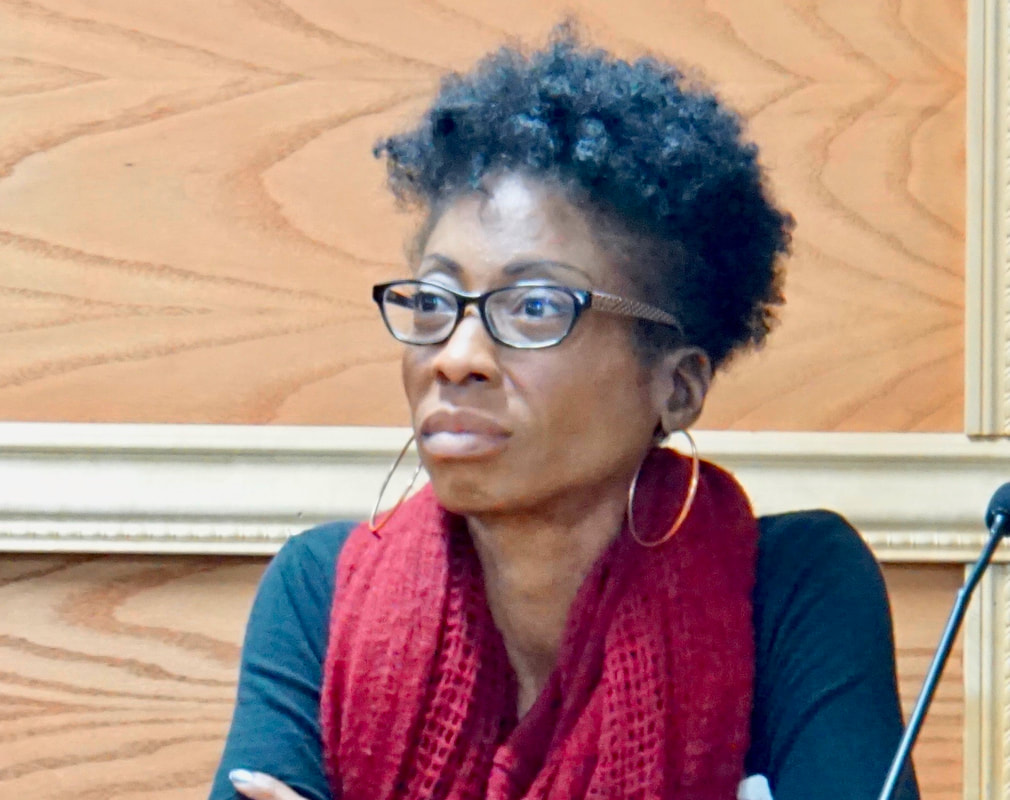
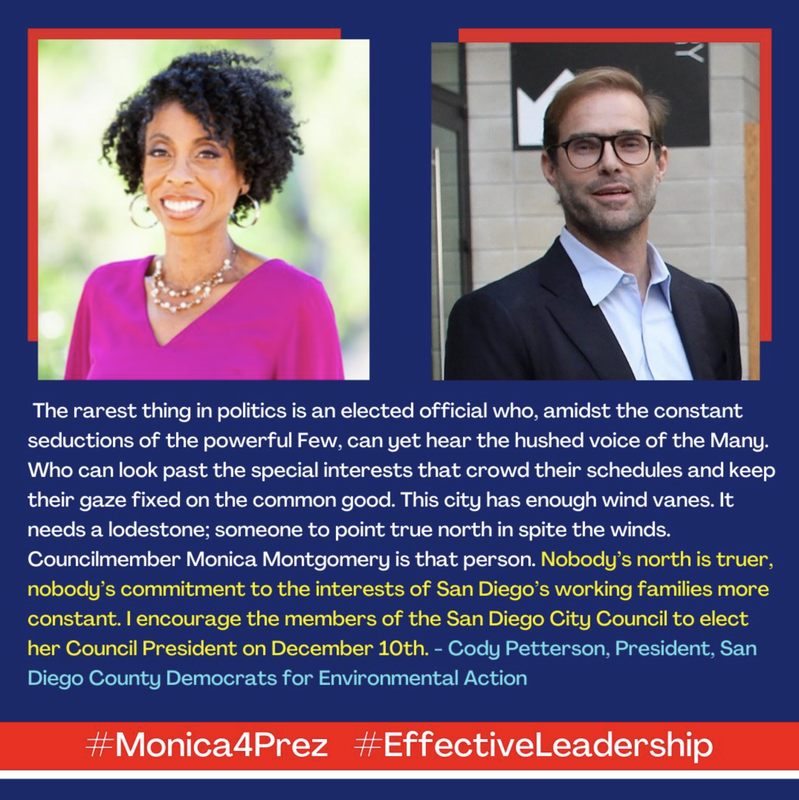
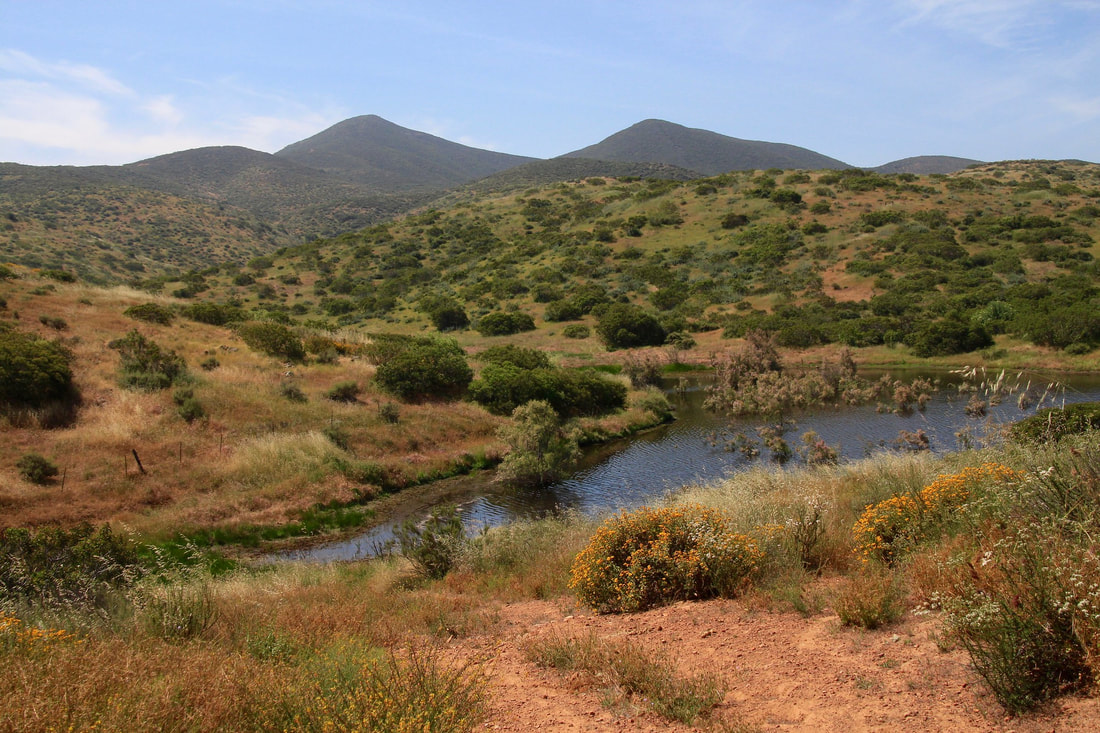
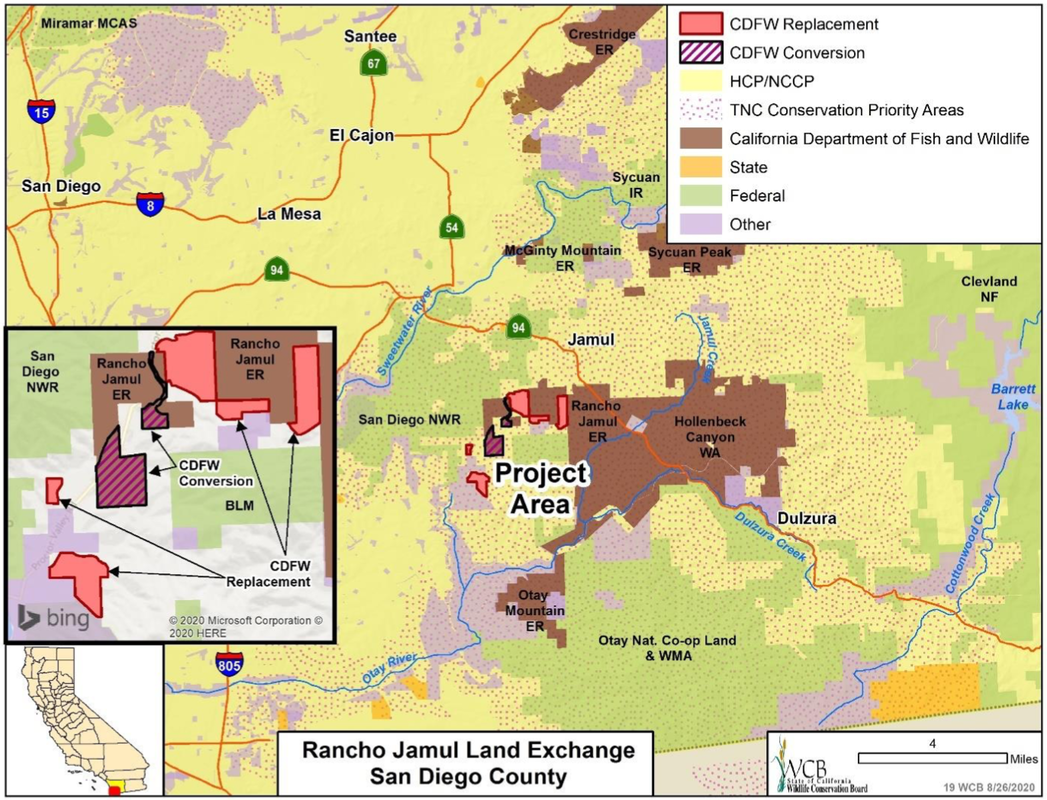
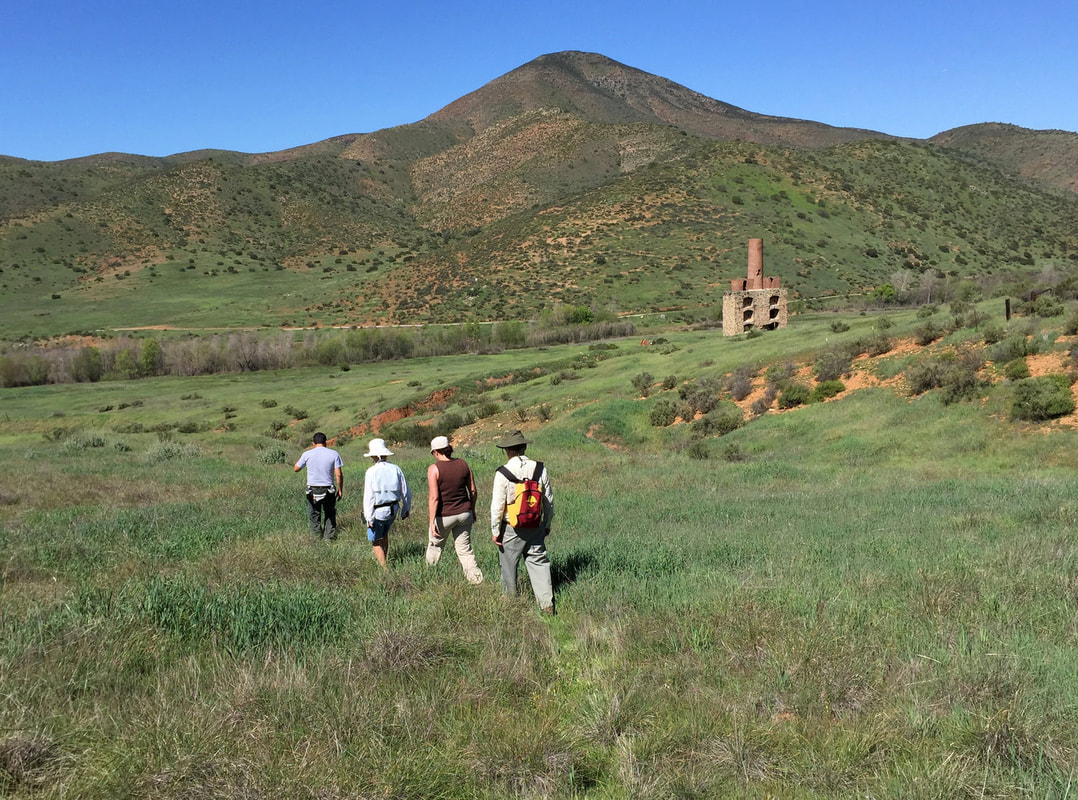
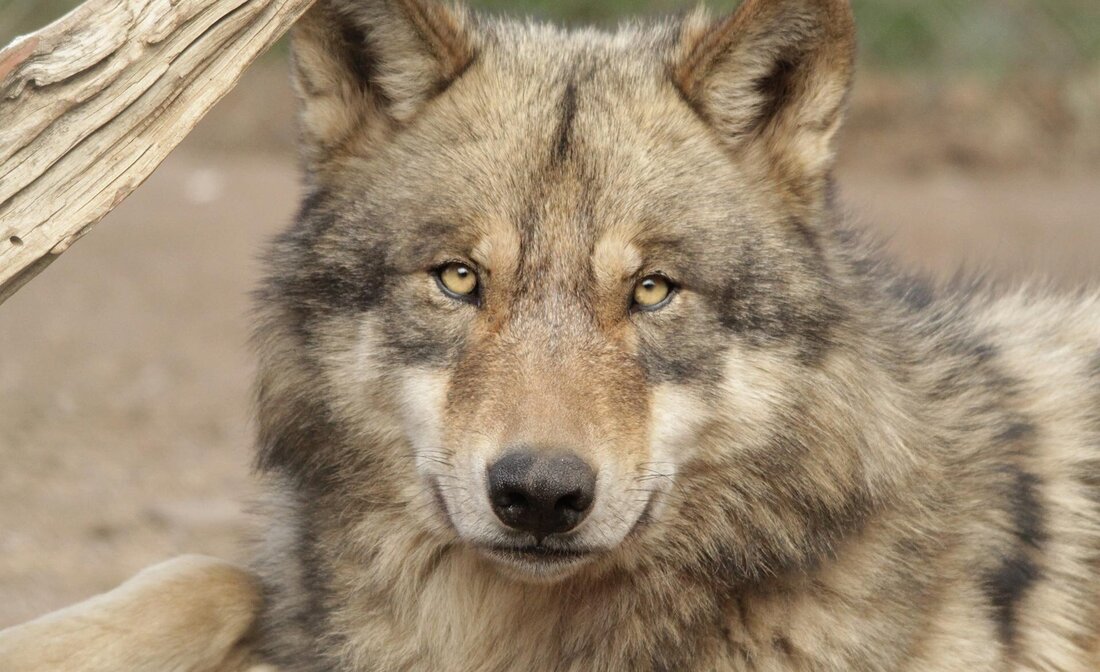
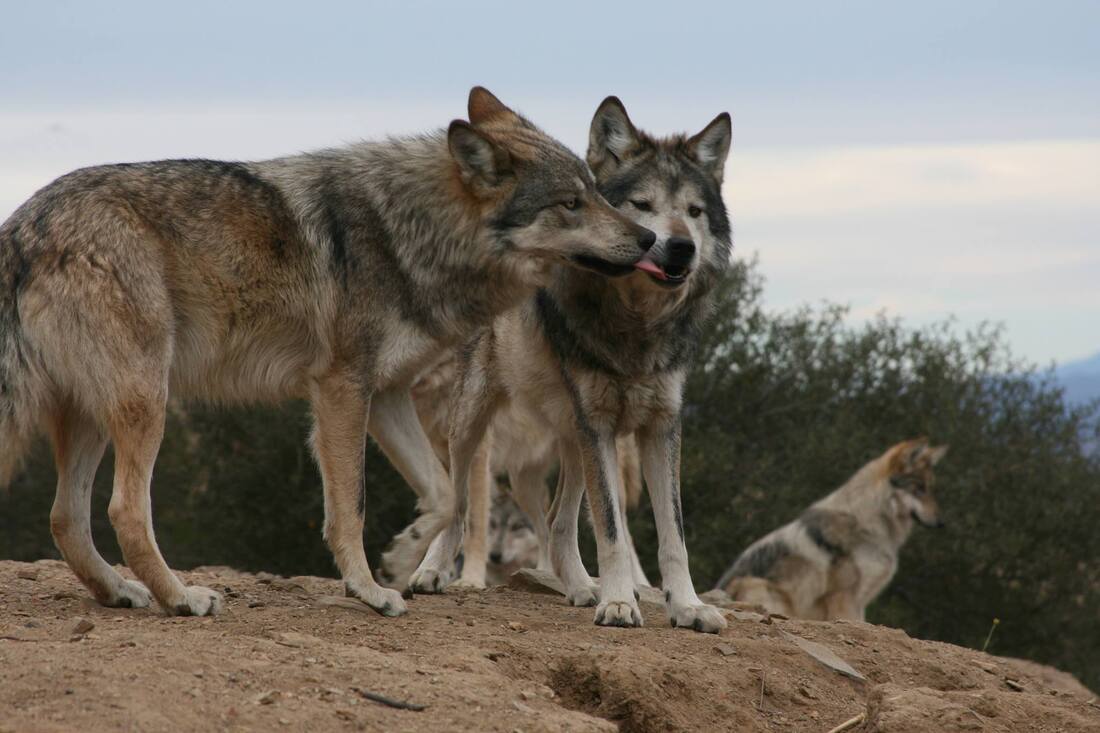
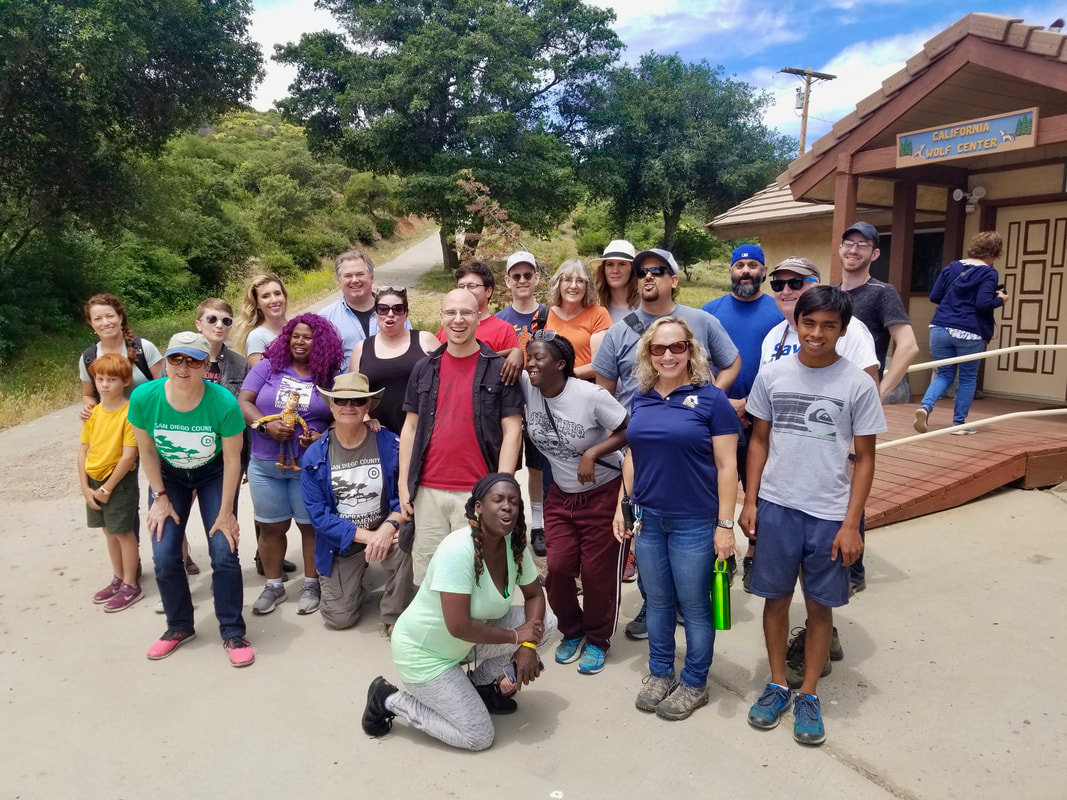
 RSS Feed
RSS Feed

